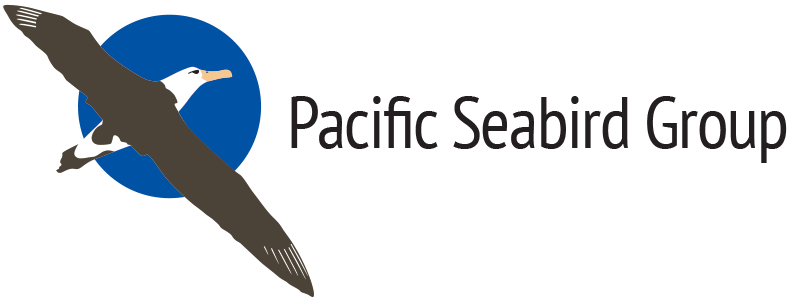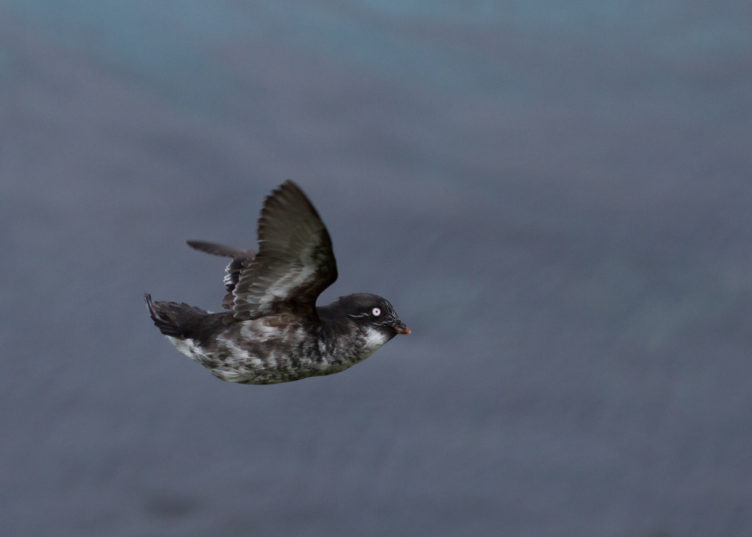Dear Baby Heron
Written by Lakea Lin

You can’t see or hear me through this one-way glass, but can you feel how much I believe in you? This place is rigid and colorless, so unlike the fluid and vibrant world where you belong. Does it feel like a dream? The life you once knew? How could I tell you that this confine and all its strangeness is temporary, if only you’d stay strong for long enough to know? Perhaps it is best that I remain behind this glass. That way, this place and everything that happened here will be a distant dream in the life you are meant to live. Until then, I’ll care for you from afar, where I won’t sway you from becoming your true self.
This photo was taken years ago at the Wetlands & Wildlife Care Center, where I was trained. Every year is a struggle, financially as well as for the volunteers, to keep up with increasing mass mortality events such as red tides and starvation caused by warming oceans, as well as oil spills and countless other human-caused threats to wildlife.
The Annual Baby Shower on May 11th is their biggest fundraiser. In the past it was the only day they would be open to the public. Donations can also be made on their website (click here). WWCC also has an Amazon Wishlist; I have used Amazon Smile to donate to them as well.
From the WWCC website:
- In 1990, 400,000 gallons of Alaskan crude oil were spilled off the coast of Huntington Beach, sickening over 1,200 birds. Less than half of the affected birds survived treatment at a makeshift facility.
- As a result, the Alliance for Wildlife Rehabilitation and Education and the Huntington Beach Wetlands Conservancy began taking steps to provide a permanent facility capable of responding to the wildlife injured in daily encounters with humans and future toxic spills.
- On March 31, 1998, with the assistance of the California Department of Fish and Game Office of Spill Prevention and Response, Southern California Edison and others, the Wetlands and Wildlife Care Center(WWCC) opened its doors in Huntington Beach.
- WWCC is capable of rehabilitating over 400 animals at a time. The facility is equipped with animal washing stations, a hospital, indoor and outdoor caging, areas to prepare food and a facilities container. The treatment and rehabilitation areas are closed to the general public.
- Our center has evolved over the years into a sophisticated network of rehabilitation professionals and volunteers, unique to the southland in accessibility, expertise and results. We are proud of the dedicated veterinarians, trained wildlife technicians and certified volunteers who make our success possible.







